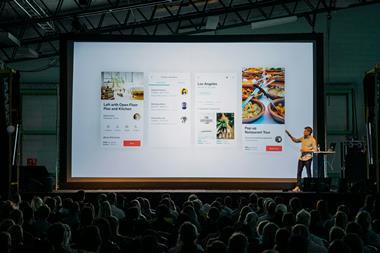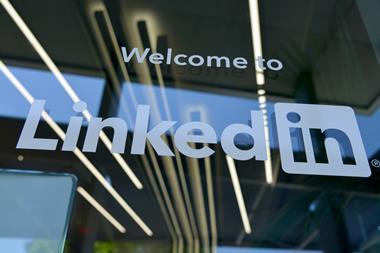
I was recently on a call with one of our American cousins. She began the meeting – in which we were to discuss potential collaborations – by telling me how busy she was. “So busy. So very busy. Banged out. Never seen it so bad.” No doubt about it, my meeting collaborator was very busy. There were six other ways she proved she was not listening:
- Her self-orientation went up a further gear. Unprompted, she told me all about what she did, in detail. Er, OK. Thanks.
- There was another gear. “People always ask me what I do,” she announced. Do they? Arrogant people use phrases like this all the time.
- After several days (or so it felt – the minutes slipped by slowly), she finally paused and asked: “Does that make sense?” No, it didn’t – but at last here was an opportunity to engage. I began replying but she was pretending to listen: randomly nodding, looking at her other screen, making ums and ahs, and typing an email.
- As we progressed, a pattern emerged. She spoke, I listened. I spoke, she did emails. Maybe it says more about me than her, but it seems that other people speaking is a good time to get some emails done – I must try it. Not.
- She asked no questions.
- The final parting shot was the kicker. “Darren, that has been super-useful, great to talk with you, and I am so glad we met.” (Was it really? No, it wasn’t. It was a waste of time for us both and won’t go anywhere in my lifetime.)
None of us have ever listened this badly, I am sure. Yet, how would others score us when asked, ‘How well did he listen?’. Typically, most people will answer a seven.
Being heard is a fundamental need for every human. We want it so much, we almost don’t mind whether the final decision goes our way.
In your next Teams call, watch two people conversing. You can score how well a person is listening by how quickly they reply. Take a point off if they respond too fast – it’s almost as bad as drifting off and leaving too long a gap.
Think: are we just waiting for the other person to stop so we can speak? If so, we are listening to reply. If we are truly listening, then our reply can only be formed having heard what the other person has said. The difference is only a moment, but it is one that makes the all difference.



















No comments yet